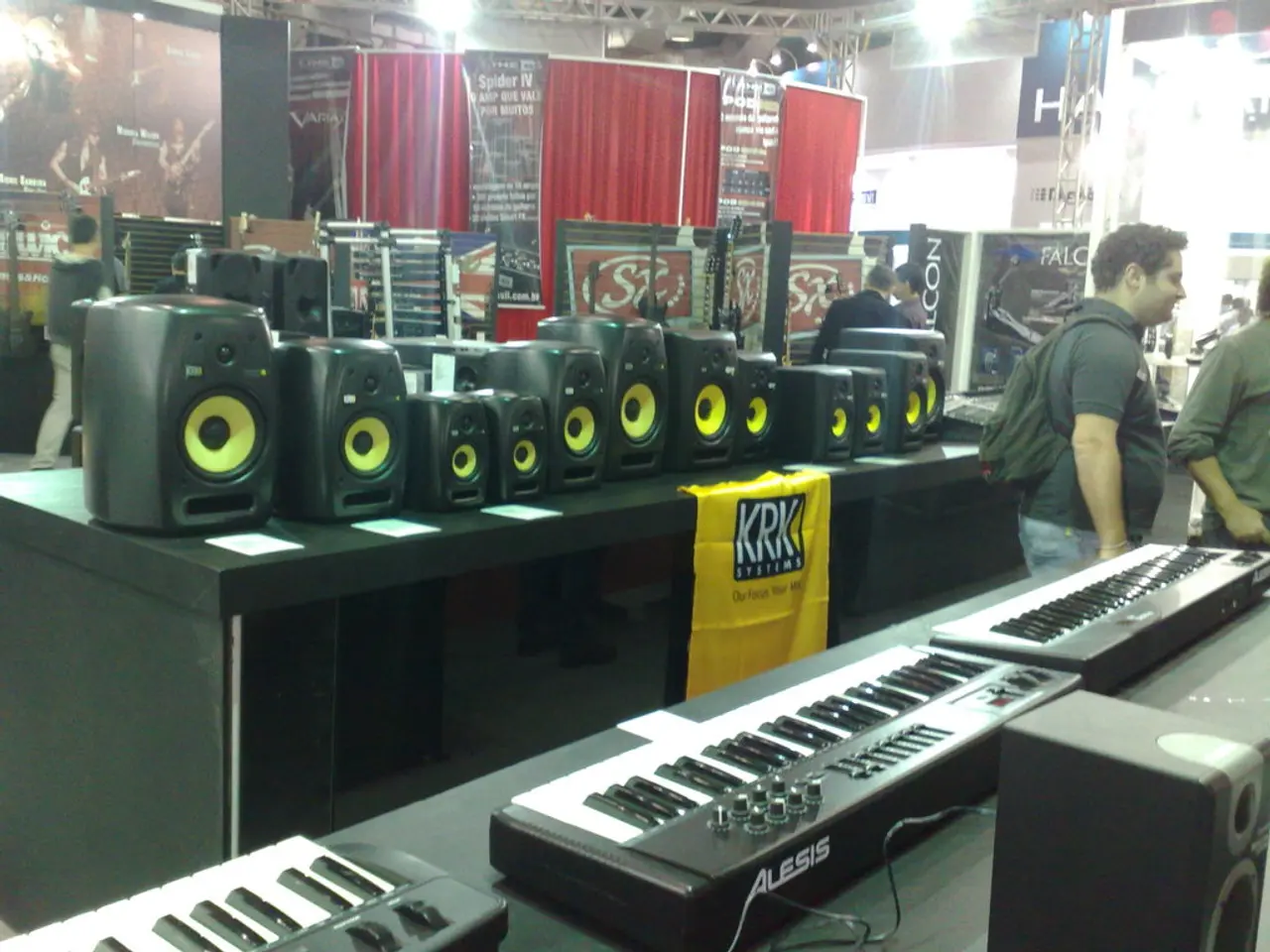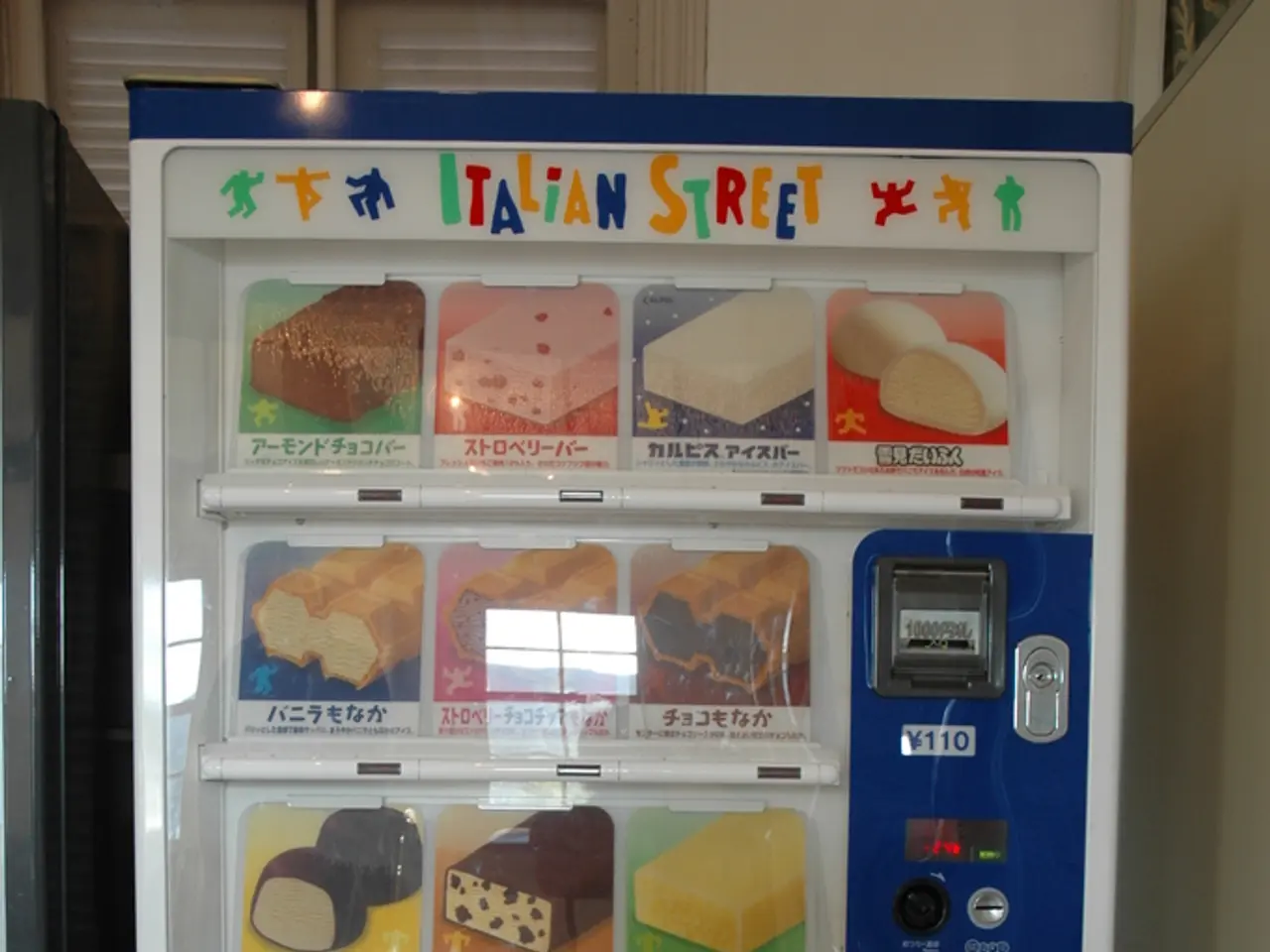Exploration of Gambling's Glorious Era in Germany - the 20th Century: A Time of Triumph and Alterations
In the aftermath of World War II, German casinos resumed operations, with the number increasing significantly in the 1970s. Arcade and pinball machines became popular during this time, and the first video games appeared in gaming halls.
The gambling landscape in Germany has undergone significant changes, particularly with regards to slot machines and gaming halls. Historically, gambling, including slot machines, was heavily regulated under monopolized state regulations. However, this began to change in the 2010s, following a ruling by the European Court of Justice that called for liberalization of Germany's monopolistic gambling system.
One of the first states to independently liberalize and license private gambling operations was Schleswig-Holstein. Slot machines, which had become widely regulated through federal and state laws, were controlled in gaming halls (Spielhallen). The German Interstate Treaty on Gambling, especially its iterations in the 2000s and its updated forms around the late 2010s to early 2020s, set stricter requirements on the operation and locations of slot machines to curb gambling addiction and illegal gaming operators.
The 2021 Version of the Interstate Treaty on Gambling concretized regulations allowing licensed private operators to offer regulated slot machine gaming halls under specific restrictions such as machine limits, distance rules between halls, and player protection measures.
Alongside physical gaming halls, online gambling regulations have evolved, but the focus of this article is on physical slot machine halls. Online gambling only started being more explicitly regulated following the European Court’s 2010 rulings, with more recent adjustments targeting internet slot games and poker.
The timeline involves a move from near-monopoly and restrictive control pre-2010 to increased licensing and regulated liberalization by the 2010s and especially from 2021 onward, with state-specific nuances such as Schleswig-Holstein’s earlier liberalization efforts standing out.
The lottery and Toto game was later organized under the umbrella of the State Toto-Lotto GmbH, but is now divided among various operating companies. Lotteries and Toto have been significant revenue sources for both federal and state governments in Germany, mainly used to fund good causes and sports. Football betting (Football-Toto) played a more significant role than betting on horse racing due to the complex licensing procedures.
The popularity of arcade games decreased with the advent of home consoles and computer games, leading to a higher proportion of slot machines in many gaming halls. Slot machines were legalized in Germany in the 1950s, following the introduction of the commercial gaming right in 1953. The final reintroduction of the numbers lottery in 1958 led to a decline in Toto revenues.
The newest casino in Germany is the Spielbank Monheim, which opened in 2023. The first video slots accelerated the process of slot machines becoming more prevalent in gaming halls. A comprehensive re-regulation of gambling began in Germany at the end of the 20th century, triggered by insights into player protection and the emergence of digital offerings.
References:
[1] European Court of Justice rulings on German gambling (various years) [2] German Interstate Treaty on Gambling (Glücksspielstaatsvertrag) (various versions)
Online casinos in Germany have become increasingly common due to the liberalization of gambling regulations in the 2010s, making it possible for private operators to offer regulated slot machine gaming halls under specific conditions. Despite this shift, the focus on physical slot machine halls remains, with online gambling only starting to be more explicitly regulated around the same time.




